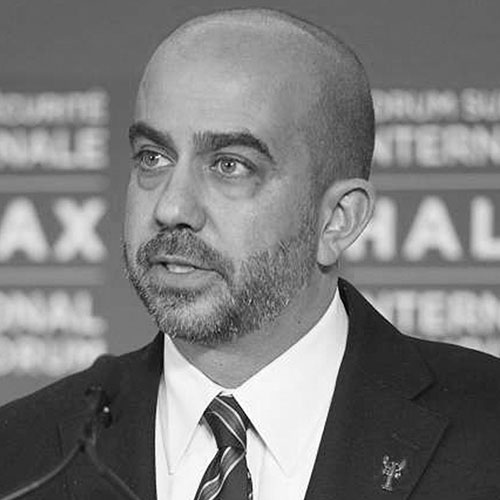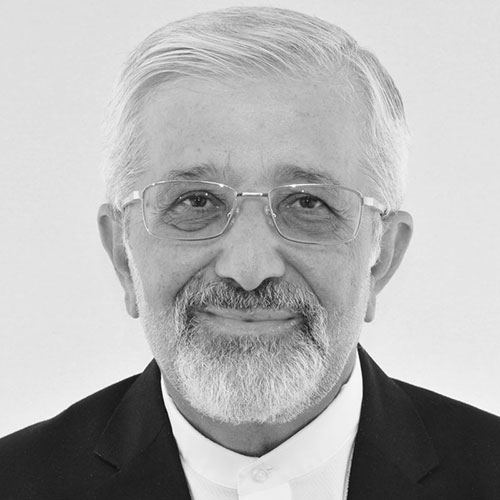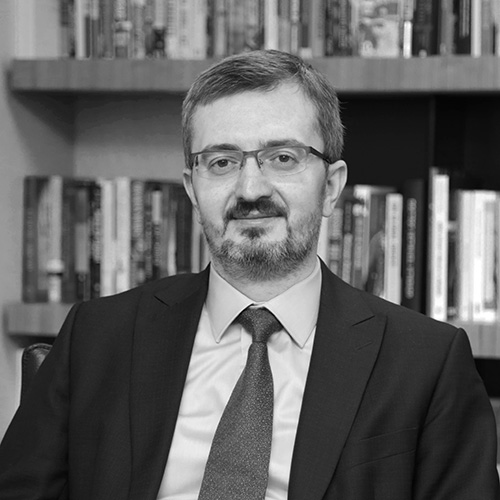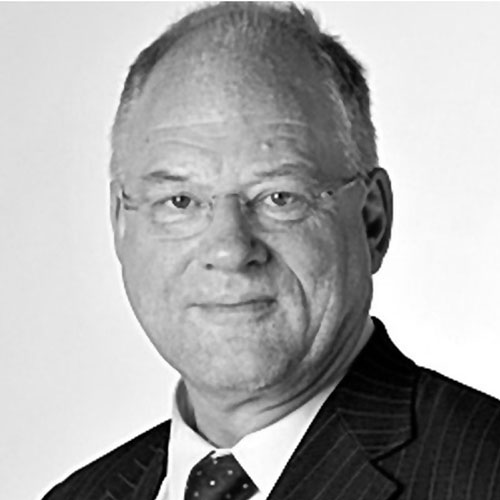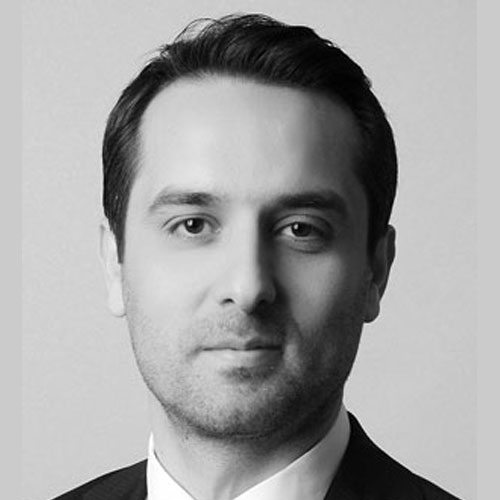“Closing Ranks: International Cooperation against Terrorism” brought together experts on non-state actors and the difficulties of curbing terrorism worldwide. Our speakers attempted to address the causes of terrorism and the various types of extremist organisations associated with it. They pointed out various ways in which terrorism can be addressed: ranging from military force to more subtle attempts to de-radicalise terrorists by considering their motivations. They also considered the harsh yet true reality that often nation-states can be complicit in facilitating non-state actors which serve their interests, at the expense of the broader security of the international order. Ultimately, greater international cooperation was deemed necessary to eliminate terrorism, along with attempts to come to a definition of it which serves the interests of the whole international community, and not merely a small section.
There is a component of individuality that comes with the participants of terrorist activities, as each different group and member maintains a different agenda. Therefore, this makes it difficult for nation- states and intelligentsia to come with a universal definition and understanding of terrorism. Ufuk Ulutas broke down the concept of terrorism into three categories during the discussion; he associated terrorists as historically being psychopaths, pragmatists with a personal agenda, and perpetrators of a certain ideology. Additionally, according to Robert Fox, a form of mental synchronisation exists amongst terrorists along with antisocial traits. The discussion then underscored the lack of international cooperation that exists to curtail terrorist organisations. One example given by Burhanettin Duran was US support to the YPG–a PKK extension in Syria which enables a more persistent terrorist threat in the region.
During the panel, Peter Van Praagh reiterated Robert Fox’s remarks on the individual characteristic of each terror group, for instance, the dissimilarity that exists between PKK and Daesh. Turkey’s role was also appreciated to mitigate terrorist activities within the backdrop of constant terror attacks that took place in the country two years ago. It was also argued that international actors must accompany themselves with a basic understanding of terrorism, as Ali Asghar Soltanieh pointed out that there is common ground between major states in condemning terrorism, but a lack of understanding of what terrorism really is. The discussion between Peter Van Praagh and Ali Asghar Soltanieh also highlighted the sponsorship of terror groups throughout history by various state and non-state actors.
As the session followed closing remarks, it was emphasised that in the long run terrorist organisations can be degraded and diminished but their activities cannot be obliterated. Undoubtedly the divisive political structures in weak states are an incubation ground for non-state actors to participate within the fragile environment. Similarly, the changing nature of warfare was stressed upon; from cyber warfare, to the usage of Artificial Intelligence for autonomous weapons, and biological implications that come with chemical weapons. As a result, the evolutionary factor that terror-groups and activities follow cannot be undermined and must be looked into as dynamics of warfare change over the course of time.
